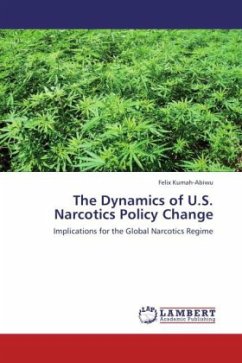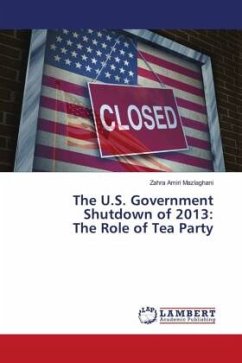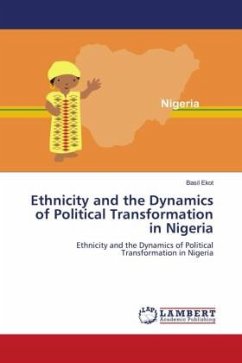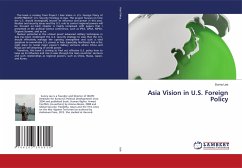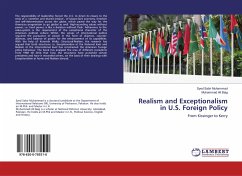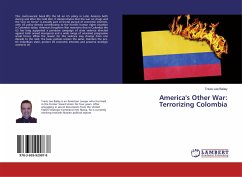The prohibition approach to narcotics control has been the dominant policy strategy of the United States (US) and the global narcotics regime under the United Nations (UN) for many decades. In recent years, however, key questions have been raised on the policy approach, which many consider as ineffective and unchanging. It is based on this appearance (unchanging policy) that this book investigates whether the policy is undergoing any type of change or not. It also explores the implications of U.S. policy change for the global narcotics regime. The study draws on three policy theories: agenda-setting, partisan ideology, and policy paradigm theory (orders of change) to examine the narcotics policy since 1993. The study concludes that the U.S. narcotics policy has largely undergone Hall s (1993) conceptual second order change in policy. For the global implications, the study finds that the U.S. is likely to shape similar policy changes on the global narcotics regime. This book is not only timely for the general public, but also relevant for courses in public policy analysis and international studies. It will also be useful for narcotics policy experts and advocacy groups.
Bitte wählen Sie Ihr Anliegen aus.
Rechnungen
Retourenschein anfordern
Bestellstatus
Storno

